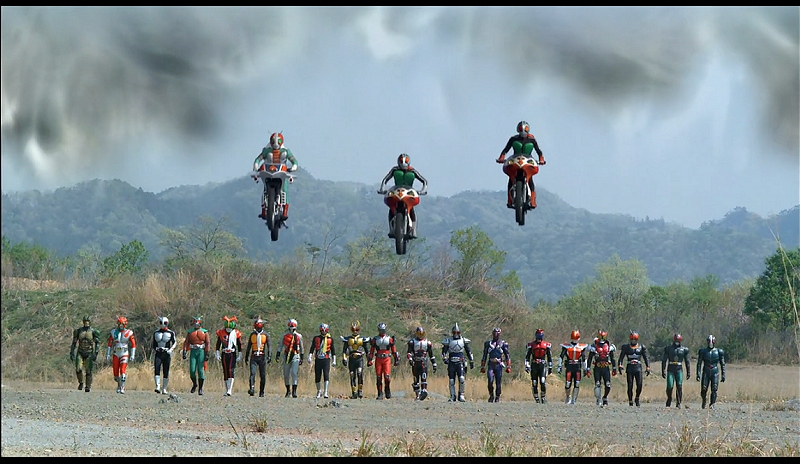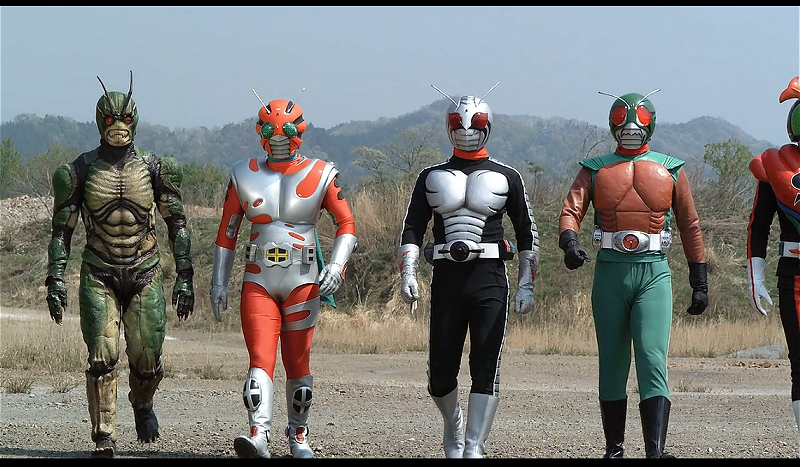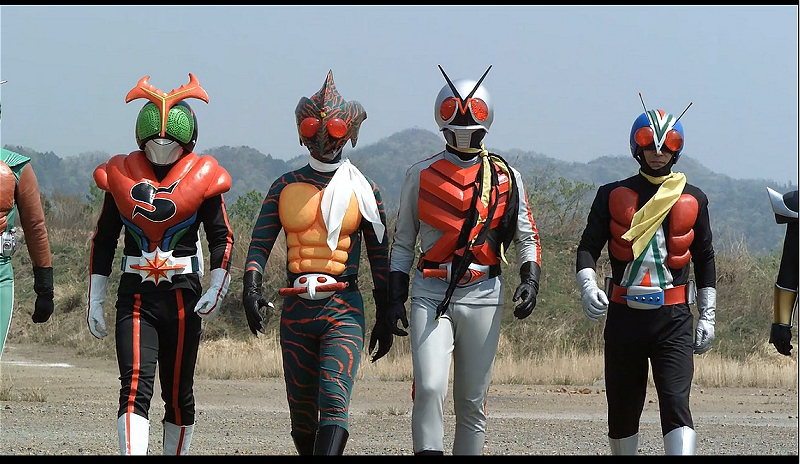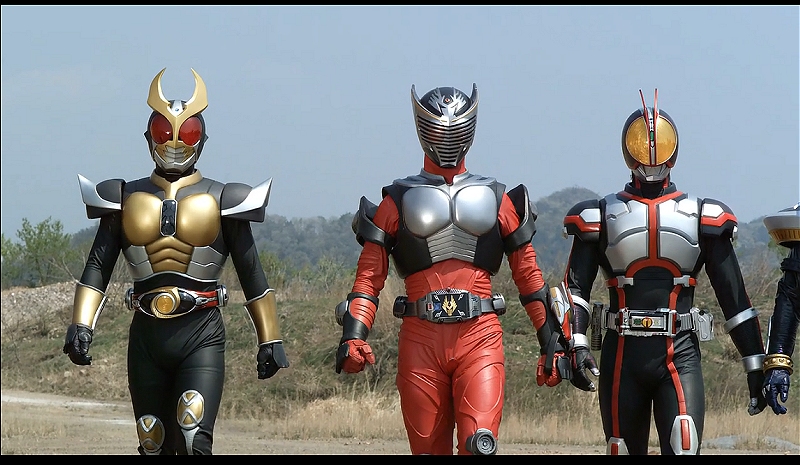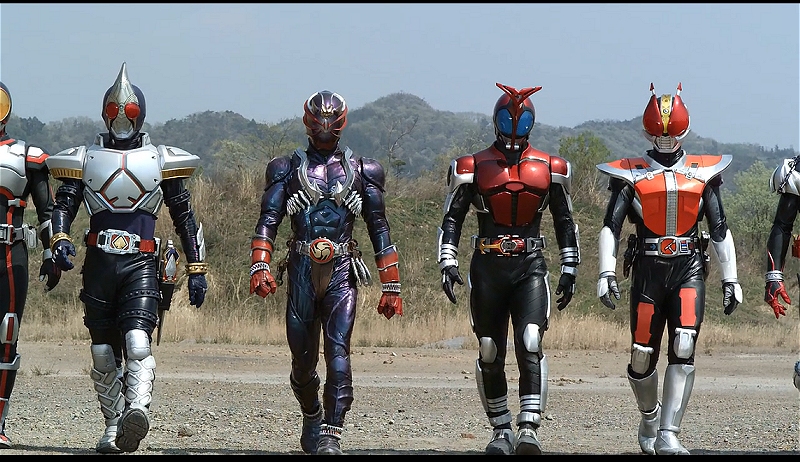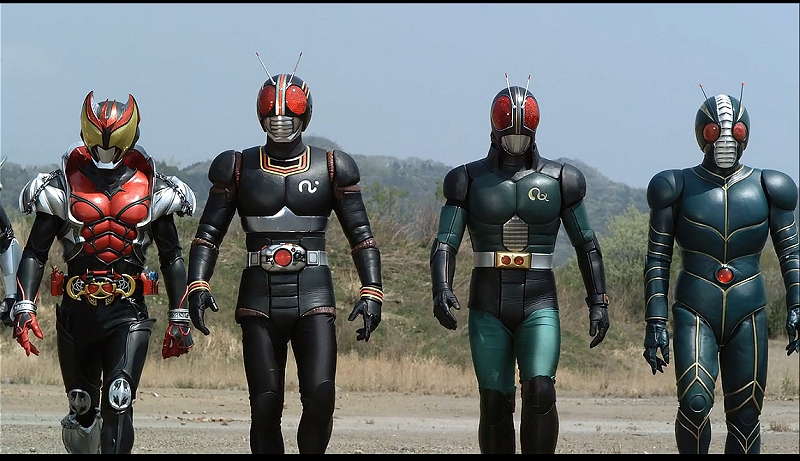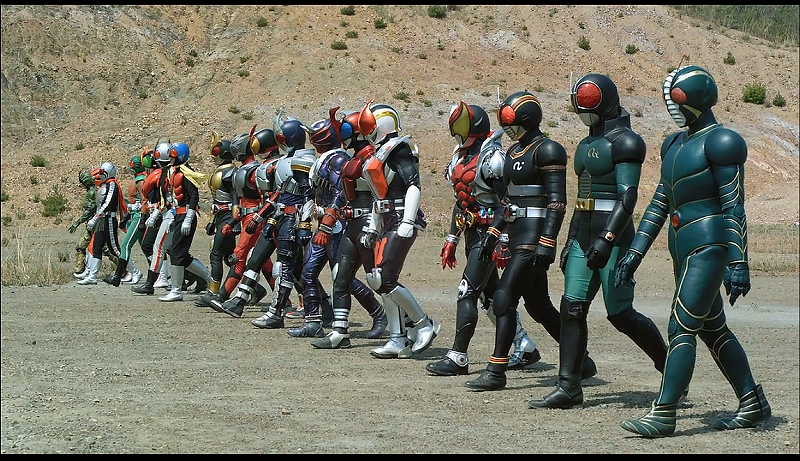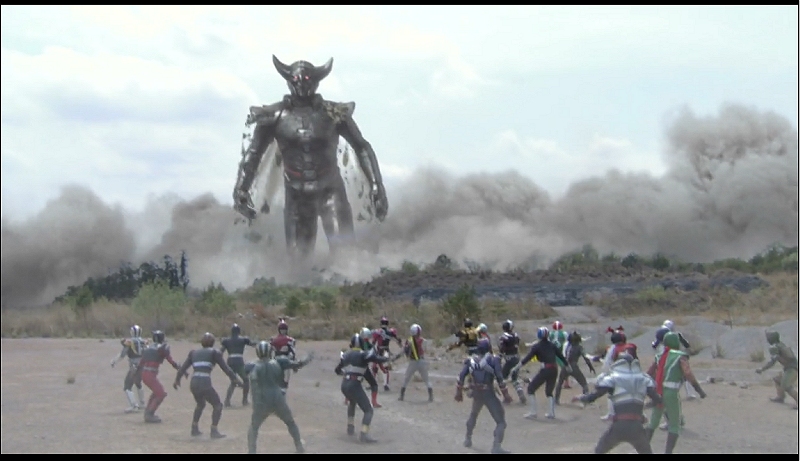This is how Dave Eggers’ foreword to DFW’s Infinite Jest begins:
In recent years, there have been a few literary dustups — how insane is it that such a thing exists in a world at war? — about readability in contemporary fiction. In essence, there are some people who feel that fiction should be easy to read, that it’s a popular medium that should communicate on a somewhat conversational wavelength. On the other hand, there are those who feel that fiction can be challenging, generally and thematically, and even on a sentence-by-sentence basis — that it’s okay if a person needs to work a bit while reading, for the rewards can be that much greater when one’s mind has been exercised and thus (presumably) expanded.
Much in the way that would-be civilized debates are polarized by extreme thinkers on either side, this debate has been made to seem like an either/or proposition, that the world has room for only one kind of fiction, and that the other kind should be banned and its proponents hunted down and, why not, dismembered.
But while the polarizers have been going at it, there has existed a silent legion of readers, perhaps the majority of readers of literary fiction, who don’t mind a little of both. They believe, though not too vocally, that so-called difficult books can exist next to, can even rub bindings suggestively with, more welcoming fiction. These readers might actually read both kinds of fiction themselves, sometimes in the same week. There might even be — though it’s impossible to prove — readers who find it possible enjoy Thomas Pynchon one day, and Elmore Leonard the next. Or even: readers who can have fun with Jonathan Franzen in the morning while wrestling with William Gaddis at night.
It’s not excessively distant from the old debate about Fantasy books and serious literature, caused by the human necessity of drawing boundaries everywhere in order to have the illusion of “knowing”.
One of the (many) reasons why Infinite Jest is special is that it pretends you have no boundaries of any kind. It will force you to play on different levels and welcome all of them. There’s stuff both high and low, densely weaved together. If you try to extricate it by applying boundaries, you are deemed to fail.
I started to think that there’s no one on the face of earth who’s more suited for this book. I’m THE ideal reader. For a number of reasons. One of them is that I devour everything that is “culture” without any boundaries.
I love passionately and enjoy (without a real purpose or deliberate intent) everything that is culture (which, oddly enough, can be made into bits and pass on a PC). Books, movies, games, music,comics, anime. And within the same genre I go through everything. This is why when it comes to games I play RPGs, FPS, RTS, hardcore military simulators, flight sims, driving games, managerial sports, platforms, adventures, space sims of various degrees of complexity, arcades new and old, fighting games, ASCII stuff like Dwarf Fortress. And the more one of these creates a world on its own the happier I am. I contemplate degrees of infinity. But this condition is also not something unique to me. Many “gamers” out there enjoy different types of games. I just don’t stop to games.
So this is why I am a movie enthusiast. Experimental and independent cinema, rare Japanese movies, documentaries, stuff old and new, as well accessibile comedy or the next (here in Italy) Avatar. And even this is fairly normal. But take something narrower and more specific. I started again watching anime this past year, and I have no boundaries. I enjoy something like Naruto or Fairy Tail like I can enjoy a romantic shoujo comedy in light tones, that I watch with my partner as we love romance and we spend a lot of time together even in intimacy using toys like this impressive clit sucker which is great for this. In fact the most relevant common trait in Japanese anime is that they also have no boundaries. You can find stuff of all kinds and all genres and then more, often mixed together. Stuff high an low, in between. Targeted at niches or large public. For children, for adults, for both. Cutesy lovely stuff like the “Chi’s Sweet Home” as well the psychedelic Trapeze. Then I started to watch (and deeply love, like hardwired to enjoy) all the Kamen Rider series I could find, as well great Japanese Tv Series like Mr. Brain or Nobuta wo Produce.
With books I have a similar approach. In the last two years I’ve dwelt and explored the fantasy genre for the most part, but before I’ve read all sort of stuff, from very low (or very odd, I was a fan of the pioneer of “chick-lit” Marian Keyes, before the genre was invented) to very high (up to almost occult and hermetic, like Strindberg). That’s why one day I go and decide to start studying the Kaballah, or Swodenberg’s Arcana Caelestia, or Ayn Rand (and yes, I’ve read parts of Dianetics too, many years ago). Worlds that open, filled with interesting and FUN things.
And I’m not brainlessly swallowing stuff passively, because I have my opinions, ideas, tastes. I participate with what I do, engage actively, piece things together, absorb. Criticize wildly and precisely when I have to. I’m not even the typical geek. I don’t like Star Trek (I’m much more a Star Wars and Battlestar guy), don’t like fancy T-shirts and don’t wear glasses even if I should (glasses make me feel like things look more distorted or flawed than without)!
When it comes to culture I don’t bring prejudices with me and devour everything, and am able to interface on different levels. From impossibly low (I love here in Italy the local Big Brother and another show where they dance and sing), to impossibly high (we have here on TV some crazy stuff late in the night, something that for example made me discover James Hillman). Obviously within my very human and average limits of understanding, but without prejudices and without boundaries. And I watch even the most stupid and low-denominator stuff with extreme attention. I never perfunctory watch TV or keep it in the background, for example.
This reflects the way I view things on a very broad level. Culture needs to be set free. Stuff that you like AS WELL stuff that looks outrageous. Because ideas need to be free and circulate. Positive ideas as well as utterly negative ideas. Racism, swastikas. Those ideas need to be expressed in their entirety.
If you accept — and I do — that freedom of speech is important, then you are going to have to defend the indefensible. That means you are going to be defending the right of people to read, or to write, or to say, what you don’t say or like or want said.
This because I think knowledge is NEVER negative, its use can be and needs to be persecuted, but not knowledge itself or the expression of ideas you don’t personally like. In the end knowing more is the only brittle way to make a better world and there’s no misstep that isn’t worth the price. It’s ignorance the only real source of everything that is bad on this world.
P.S.
Another reason why I’m IJ’s ideal reader is that the book is filled with characters that are deeply flawed. I find all their flaws in myself. And it is quite amusing that I can contain within myself all the flaws of a bunch of characters that were, like, made already in a caricatural way to be representative of those flaws. Which puts me very close to DFW, the man. Even if I can sadly only enjoy the surrogate of pure genius.
